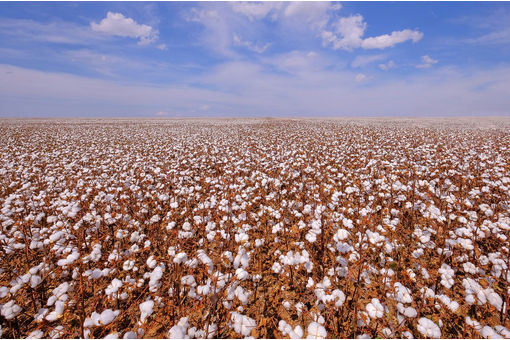Is the PE backed Indian apparel retail story turning sour?
These include the poster boys of Indian retail, particularly kidswear retailers like Lilliput and Gini & Jony. Lilliput is saddled with a huge debt and had fallen-out with PE investors Bain Capital and TPG. Gini & Jony also saw Reliance Capital exiting from the company. Other PE invested apparel retailers like Koutons and Spykar Jeans too are in trouble.
On the back of the unprecedented growth rates posted by the Indian economy in the first decade of the current century, clothing retailers went on an overdrive and opened new stores with funds borrowed from PE investors, without considering profitability and sales target ratios of each store.
The moot question that arises is – Were these PE investors not closely monitoring their investments in these retailers or are they themselves responsible for goading the retailers to expand indiscriminately. Mails sent to Indian offices of PE investors - Bain Capital and TPG remained unanswered.
According to a knowledgeable source, the apparel retailers put across sales figures of their high revenues generating stores in metro cities like Delhi or Mumbai and used them in calculating the revenues by multiplying these figures with, if they were to set up X number of stores. PE investors got sucked in by these figures and invested hugely in these retailers.
According to the same source, the Indian retail sector looked very promising in middle of last decade. However, these investors were not knowledgeable about the Indian retail industry nor did they have the experience of investing in retail in India. What they did not foresee was that a market like India has its very own set of challenges and did not realize the risks.
The retail markets in US and Europe are very different from those in India, the source reveals. A consumer over there does not think of throwing a shirt or footwear in the dustbin bought three months back, while an Indian consumer may wear it for 3 years or more. In short, the Indian market does not have the capacity to absorb these many numbers of brands. This is the most fundamental theory, the PE investors overlooked.
This is what led to the situation, in which well-known Indian apparel retailers are saddled with huge debts with banks and also the PE investors. Bellwether clothing retailers like Shopper’s Stop and Westside too could have expanded rapidly, considering the resources at their disposal. However they chose the profitability route rather than just hiking revenues, the source adds.
“When a PE investor invests in a company they have a five-year horizon. In order that their investment turns out to be profitable, they endeavour to increase the sales and profitability of the retailer and suggest rapid roll-outs of new stores”, explains Mr Siddharth Bafna, Partner at Lodha & Co.
































-Ltd..jpg?tr=w-120,h-60,c-at_max,cm-pad_resize,bg-ffffff)





.jpg?tr=w-120,h-60,c-at_max,cm-pad_resize,bg-ffffff)
.jpg?tr=w-120,h-60,c-at_max,cm-pad_resize,bg-ffffff)






